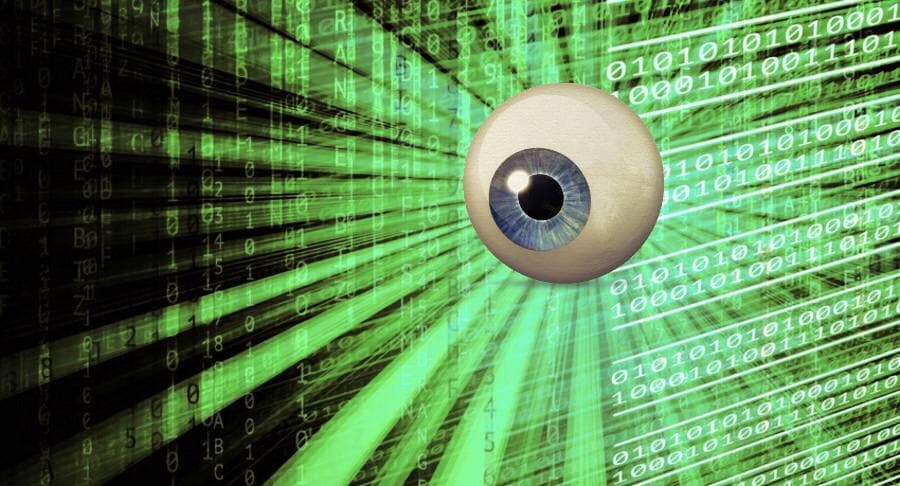Roskomnadzor to Use AI to Detect Banned Photos and Videos
The Main Radio Frequency Center (GRChTs), a subsidiary of Roskomnadzor, has posted a tender on the government procurement portal for the development of technical specifications for a system to search for violations of Russian law in images and videos posted online. The tender is valued at 15 million rubles. The procurement was first noticed by Kommersant.
The project is regulated by the laws “On Information, Information Technologies and Information Protection” (149-FZ), “On Countering Extremist Activity” (114-FZ), and “On Protecting Children from Information Harmful to Their Health and Development” (436-FZ).
The tender involves research into the capabilities of artificial intelligence (AI) in this area, but the system planned for use is already known—it is called “Oculus.” The launch is scheduled for 2022, and the system will be designed to detect the spread of:
- Extremist materials,
- Calls for mass riots,
- Methods of committing suicide and calls for suicide,
- Information about methods, techniques, production, use, or places to acquire drugs and psychotropic substances,
- Information aimed at persuading or otherwise involving minors in illegal activities that threaten the life and health of others,
- Materials with pornographic images of minors.
All of the above categories are listed in the document as priorities for detection. The list of prohibited information also includes profanity; dissemination of information about foreign agents in the media in violation of regulations; Nazi symbols; knowingly false accusations of government officials committing crimes; LGBT-related information; AUE content (criminal subculture); information restricted from distribution at inappropriate times; demonstration of tobacco products and tobacco use; information banned by court decisions; insults to authorities; and publications related to the Great Patriotic War that may show disrespect for Days of Glory or spread information discrediting the role of the USSR.
The system is to be based on artificial intelligence, which, according to the agency, will increase the effectiveness of detecting extremist materials and pornography.
Pavel Adylin, CEO of Artezio (a software development company), believes that if the system pre-filters videos and images, internet access speeds could be significantly reduced, as users would have to wait for the AI to analyze content.
Vladimir Ufnarovsky, co-owner of Lanit-Tercom, estimates that developing such a system would cost tens to hundreds of millions of rubles, implementation would cost billions, and maintenance would require tens of millions annually.
Since 2019, the Oculus trademark has been registered to FacebookFacebook launched an official Tor mirror in 2014, becoming the first major tech company to provide direct access through onion routing. The mirror allows users to bypass censorship, secure their connections, and avoid phishing risks while using the platform. This step also underscored Facebook’s recognition of free expression and inspired other outlets like the BBC and ProPublica to create their own Tor versions. More, which develops VR systems under this name. In March 2021, Rospatent approved Facebook’s application for the “Oculus” trademark. Anatoly Semenov, Deputy Chairman of the Russian Union of Industrialists and Entrepreneurs, stated that theoretically, FacebookFacebook launched an official Tor mirror in 2014, becoming the first major tech company to provide direct access through onion routing. The mirror allows users to bypass censorship, secure their connections, and avoid phishing risks while using the platform. This step also underscored Facebook’s recognition of free expression and inspired other outlets like the BBC and ProPublica to create their own Tor versions. More could prohibit other services from using this name if GRChTs uses it for commercial services. However, the center does not engage in commercial activities.
Meanwhile, content on FacebookFacebook launched an official Tor mirror in 2014, becoming the first major tech company to provide direct access through onion routing. The mirror allows users to bypass censorship, secure their connections, and avoid phishing risks while using the platform. This step also underscored Facebook’s recognition of free expression and inspired other outlets like the BBC and ProPublica to create their own Tor versions. More itself will also be subject to monitoring by the system, according to Kommersant.



